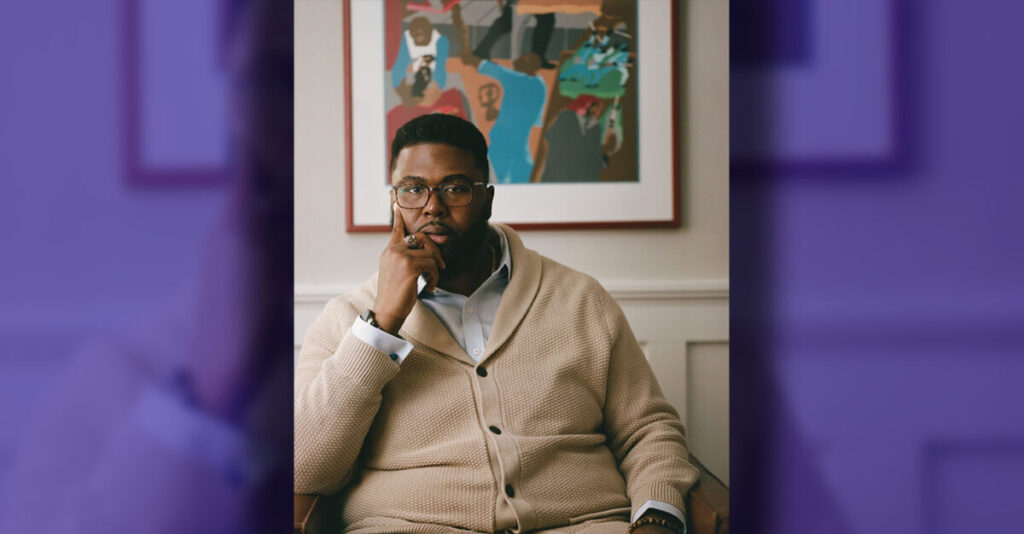By National Head
Start Association
Dr. Anthony Abraham Jack, a.k.a. Dr. Jack, speaks openly about how his life took quite the journey to bring him to where he is today. He’s the inaugural Faculty Director of the Boston University Newbury Center and Associate Professor of Higher Education Leadership at Boston University.
Dr. Jack brought us back to the beginning of that journey, sharing how his experiences as a child in Head Start changed the trajectory of his remarkable path in life.
Q: Dr. Jack, can you tell us a little bit about yourself and the work you do?
Dr. Jack: Sure. I grew up in Miami, Florida and I was a first-generation college student at Amherst College, where I graduated in 2007. Then, in 2016, I received a Ph.D. in Sociology from Harvard. My research has focused on the overlooked lower-income undergraduates: the doubly-disadvantaged — those who enter college from local, typically distressed public high schools — and the privileged poor — those who do so from boarding, day, and preparatory high schools.

Q: It seems to align with Head Start’s mission of supporting vulnerable children, too, but from the higher education perspective. Where did you attend Head Start?
Dr. Jack: I grew up in Miami and attended Head Start in Coconut Grove at the Frankie Shannon Rolle Center. I remember my mom worked as a secretary, or maybe volunteered in some way, at the center for a short period. I remember going with her to meetings at night. One thing I liked about going to school at that resource center is that it was also a place in my community where people could rent out space when they wanted to host events in my neighborhood.
Q: That idea of community is so important to Head Start. You write about how students carry all the outside factors of their lives with them into their learning environments. Head Start recognizes that, too, and takes a whole child, whole family approach, connecting parents to job services, connecting families to health services, and really trying to bring the whole community into the experience. Do you see this community approach as beneficial?
Dr. Jack: Yes. I just want to echo that because that kind of wraparound service is what middle-class families already have. Because of where a middle-class family lives, their community parks and pools are invested in, their community resources are there, and their schools have more resources. If a child has special needs and needs an individualized education plan, it’s not necessarily easy to get one, but those resources are there to wrap around the child.
So, the way in which I think a program like Head Start, especially when done intentionally to bring families into the mix, can make a change by getting not just students but families to think about asking for help. We want to demystify the idea of reaching out for support and resources. Making it in mobility is not just about an individual effort where we should just hunker down and do everything on our own. Connections matter and connections to people whose job it is to help us matter.
And so, the ability for us to start at an extremely early age, to get people to, quite frankly, feel as entitled to resources and support as their more affluent peers, is something that I think should be a goal. Because there are resources out there that we should tap into, and those resources could really change the course of someone’s life.
Q: Any other messages you want to share with the Head Start community, Dr. Jack?
Dr. Jack: I just want to reiterate that point that I want to change the way we think about asking for help. I want people to see seeking out support as an integral part of one’s personal and social growth. The ability to seek help is a sign of strength and maturity because what it’s saying is that you are approaching the limits of your understanding, but you are smart enough to seek out someone who can shepherd you through new learning and new growth.




